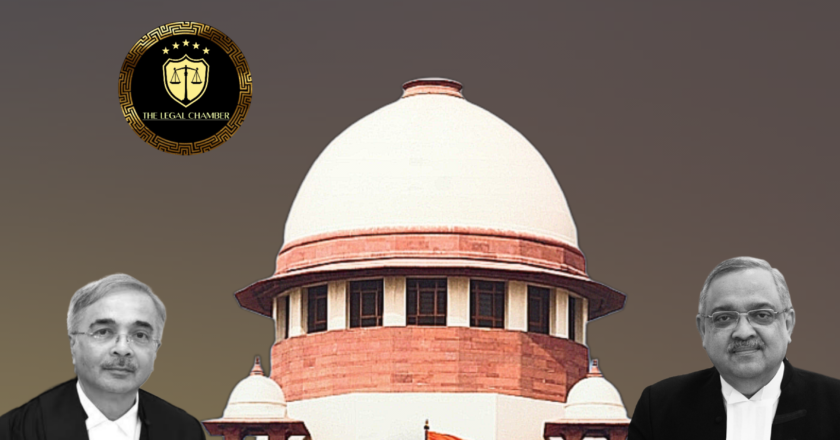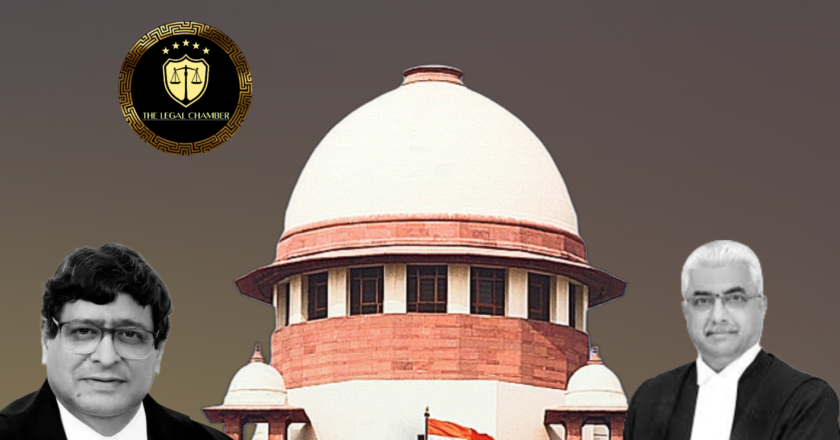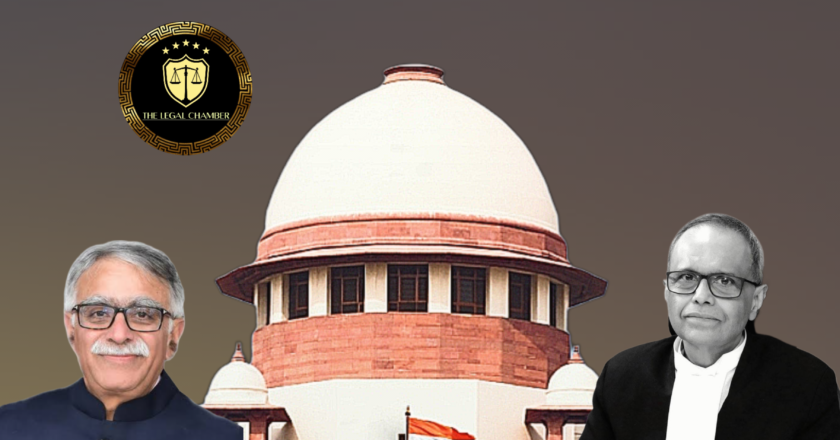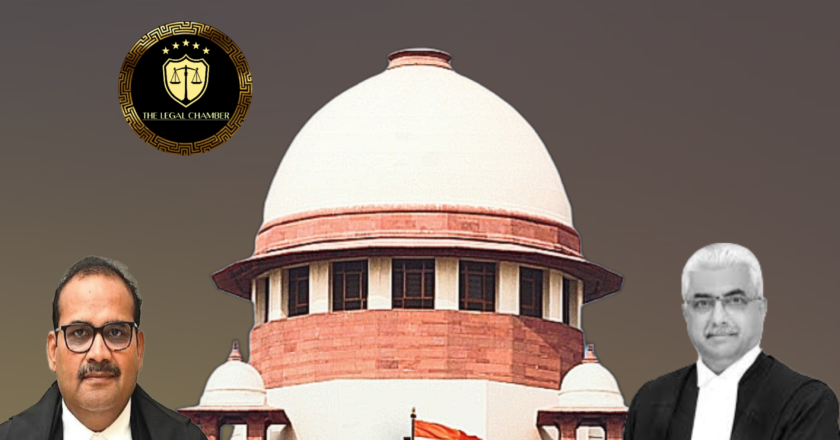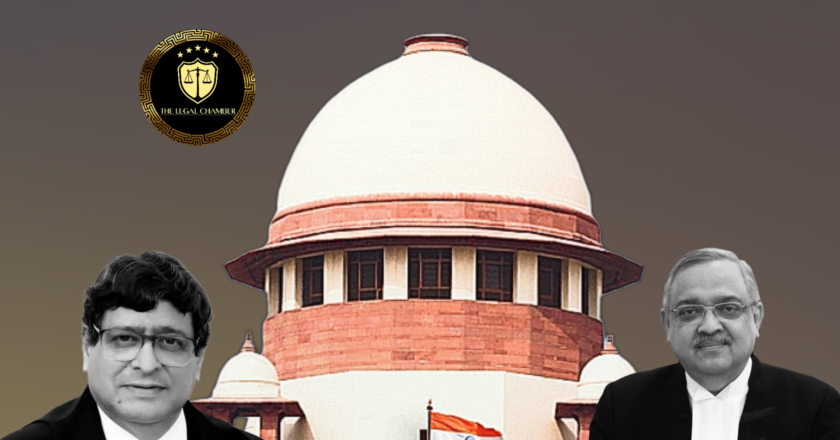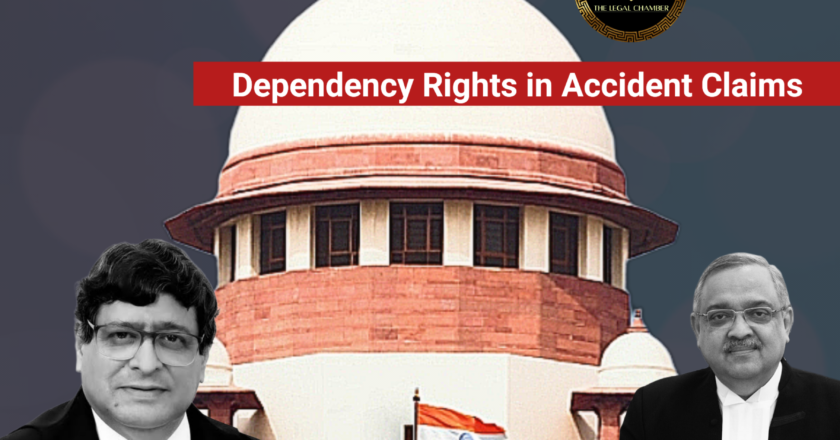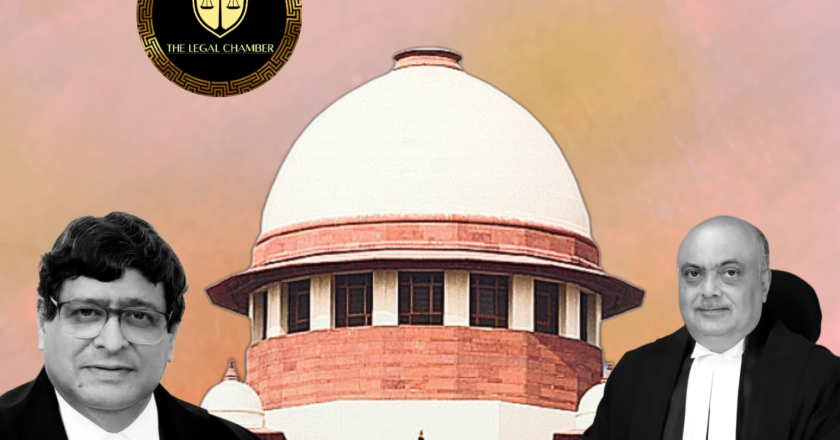Supreme Court Enhances Compensation: Income Tax Returns Must Be Considered for Accident Claims
The Supreme Court held that for motor accident compensation, the functional disability affecting earning capacity, not just medical disability, is determinative. Income tax returns must be reasonably considered unless proven fabricated. Just compensation includes actual medical expenses proven by vouchers and future medical needs, but future prospects are not awarded when the claimant can continue earning post-disability.
Facts Of The Case:
On April 9, 2007, the appellant, Anoop Maheshwari, was riding his motorbike when it was hit by a rashly and negligently driven truck. The accident resulted in Maheshwari suffering a severe injury, specifically a hemipelvectomy, which is the amputation of one leg along with a portion of the pelvic bone. The Motor Accidents Claims Tribunal established t...
